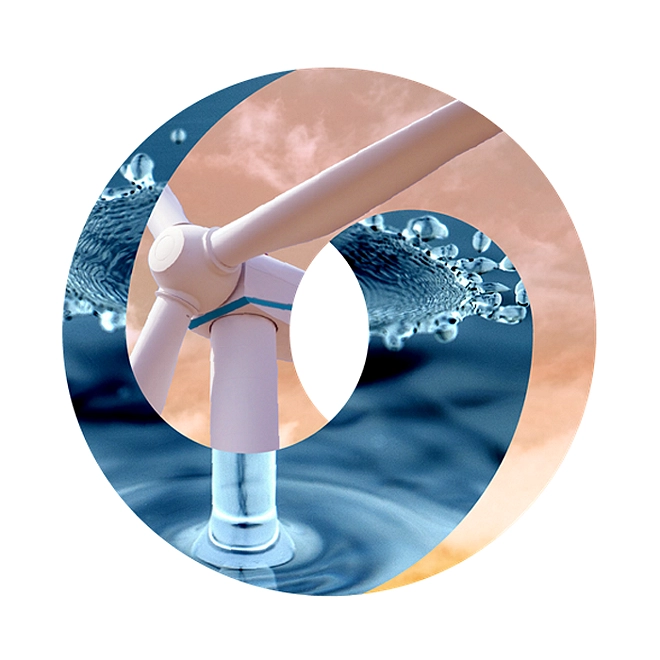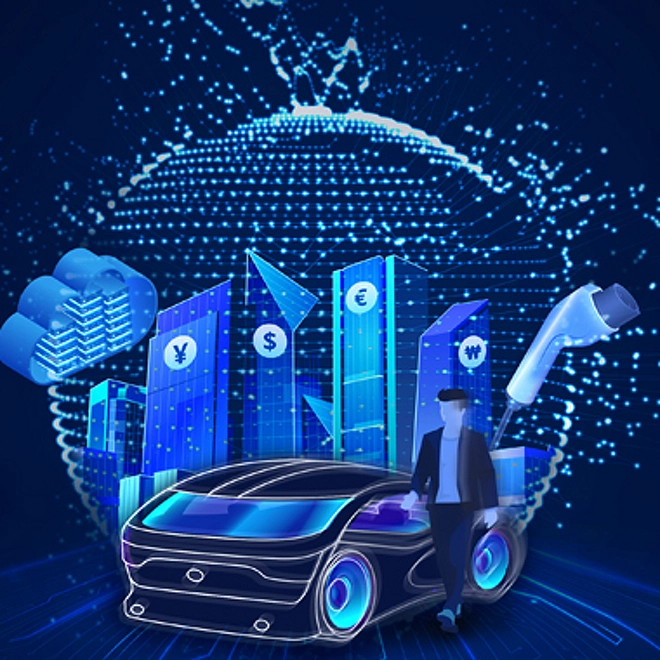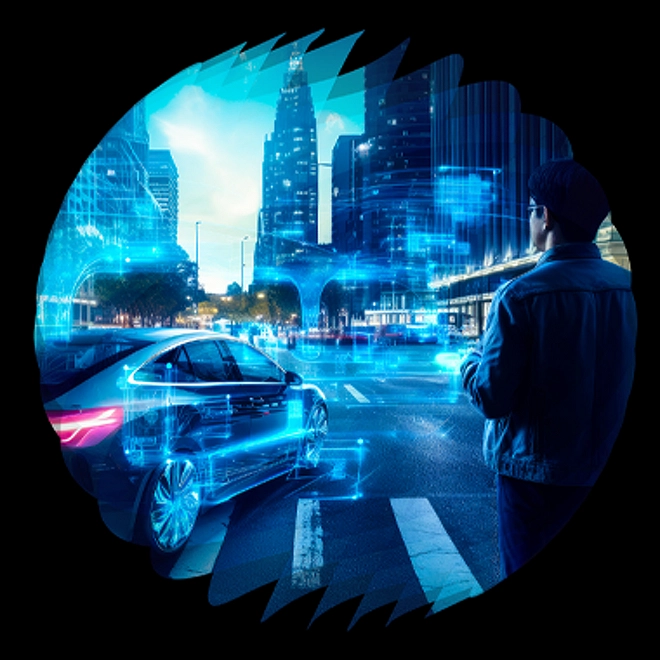Pathways to decarbonization | Automotive
Reducing emissions in the automotive sector means decarbonizing the entire value chain—starting with the global vehicle fleet.
By 2050, automakers are expected to reduce CO2 emissions by 90%. To reach these aggressive targets, however, the entire value chain will need to be decarbonized. In this installment of our Pathways to decarbonization series, we explore a range of decarbonization levers that automotive sector players can pull to meet their Paris Agreement target.
The state of play
Despite ongoing advances in the fuel efficiency of vehicles with internal combustion engines, the automotive sector’s pathway to decarbonization requires accelerated adoption of electric vehicles (EV). Beyond the regulatory push to reduce tailpipe emissions, this shift is also being driven by consumer demand. In response, automakers around the globe have been ramping up EV production and sales.
Meeting carbon reduction targets, however, has proven difficult due to a range of external and internal challenges. Beyond the high costs associated with ramping up EV capacity, the industry is contending with inconsistent global regulatory frameworks, insufficient access to green inputs (e.g., steel, batteries), a lack of competitive green business models, and difficulty establishing a robust sustainability strategy.
The way forward
Although these challenges are real, they are not insurmountable. By quickly ramping up EV production, increasing usage of renewable energy, and establishing material circularity, automakers can enhance the industry’s ability to meet the Paris Agreement’s science-based emissions reduction targets. The task is to adopt circular business models and transition clean energy in both production plants and usage by prioritizing sustainability when extracting and processing basic materials, producing vehicles and their parts, and decommissioning vehicles at their end-of-life. To achieve this target state, the sector will need to eliminate traditional sector boundaries, involve suppliers and customers in the solution, and foster strong cross-sectoral collaboration.
Read the full report to learn more about Deloitte’s recommendations.
About Pathways to decarbonization
The Pathways to decarbonization series is a collection of insights on the challenges, opportunities, and viable decarbonization pathways for high-emitting and hard-to-abate sectors. Each of the sector perspectives offers a foundational starting point for leaders who would like to better understand the landscape across these critical sectors.
Explore “Recommendations” below for more in-depth automotive and climate-related reports.
References :
- IEA, World Energy Outlook 2022, October 2022.
- Science Based Targets, Companies taking action.




